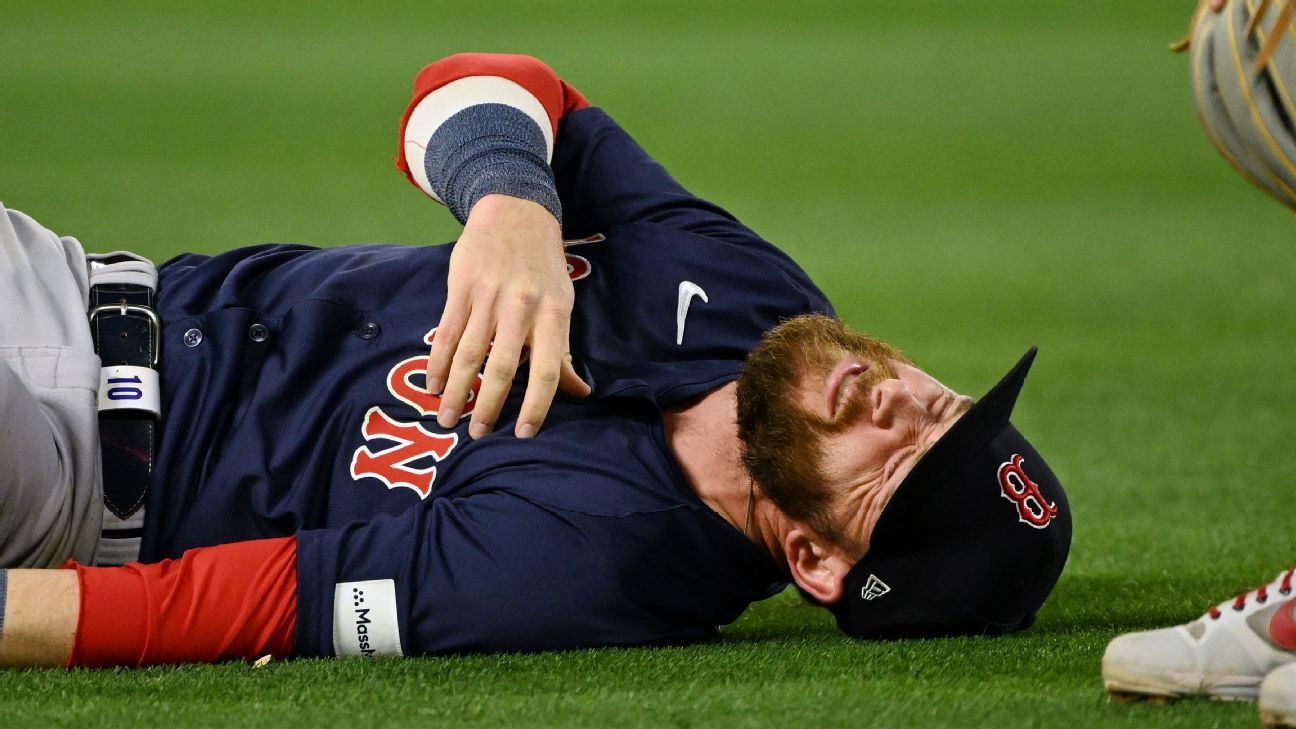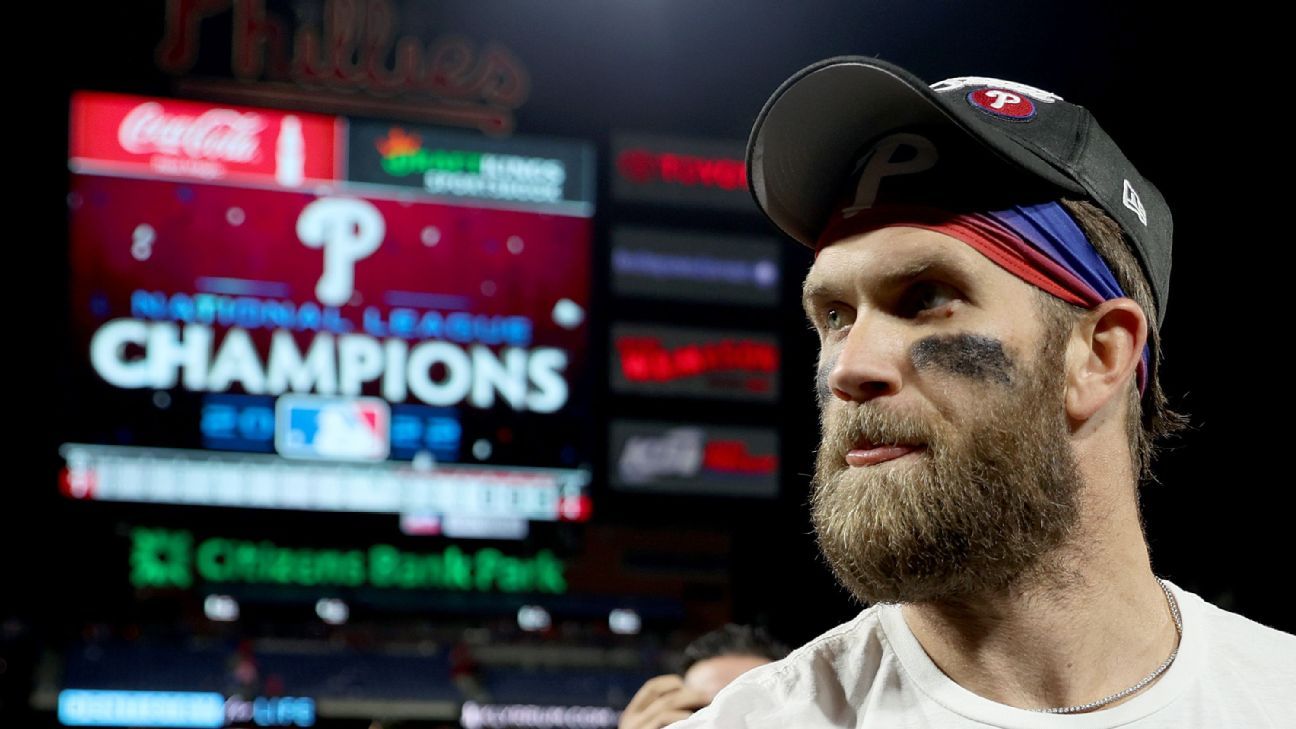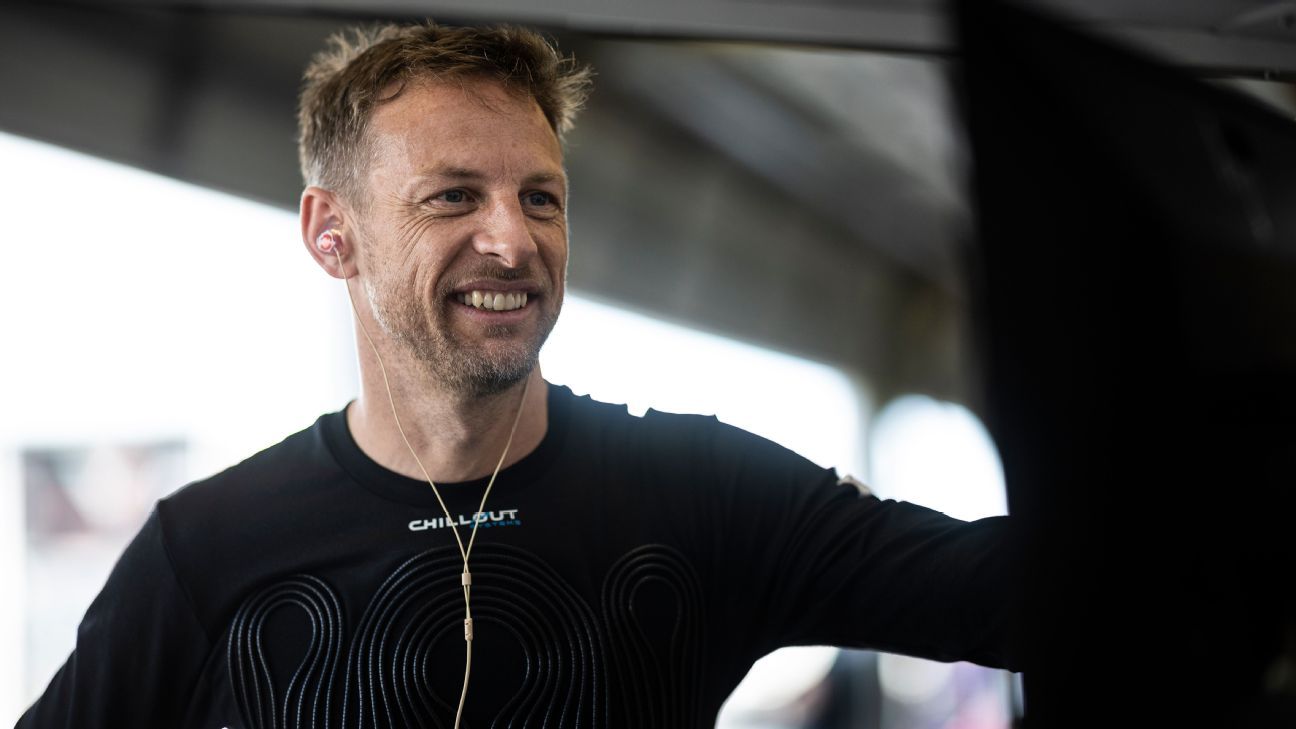Toyota Motor Corporation has announced an immediate halt to all of its e-Palette self-driving transportation pods operating at the Tokyo Paralympic Games. The decision comes on the heels of an accident that took place in the Paralympic Village yesterday, when a Toyota e-Palette collided with a visually impaired athlete, injuring them.
While Toyota remains a globally recognized automaker specializing in ICE and hydrogen fuel cell vehicles, it has also been a prominent sponsor for the Olympic and Paralympic Games. In 2015, the automaker signed an eight-year contract reportedly valued at around $1 billion.
With the 2020 Olympics and Paralympics announced for the company’s home country of Japan, Toyota used the events to showcase new technologies to the public. This included its LQ self-driving electric vehicle, although it remains a mere concept.
Following the introduction of the LQ EV, Toyota also announced it would implement up to 20 of its e-Palette self-driving pods to the 2020 Olympic and Paralympic Games in Tokyo.
When the Tokyo Games-specific e-Palettes were unveiled in 2019, Toyota explained how the pods would autonomously transport athletes around the Olympic Village using low-speed SAE level 4 automated technology.
Yesterday, however, Toyota helped demonstrate that Level 4 self-driving technology may not quite be where it needs to be for human safety, especially for pedestrians.
Toyota halts all e-Palette pods at 2020 Tokyo Paralympic Games
According to a report from Reuters, Toyota Motor Corporation has stopped the operations of all of its self-driving e-Palette pods at the Tokyo Paralympic Games.
The decision comes one day after an e-Palette driving through the Paralympic village struck a pedestrian who happened to be a visually impaired athlete competing in the games on Saturday.
According to Toyota, the self-driving vehicle had stopped at a T-junction and was about to make a turn under manual control of the operator using a joystick. The vehicle then collided with the athlete going at a speed of around 1 or 2 km/hr.
Toyota Chief Executive Akio Toyoda apologized for the incident and spoke about the difficulties Toyota has faced during the Paralympic Games in Tokyo, trying to remain especially conscious of pedestrians with disabilities:
A vehicle is stronger than a person, so I was obviously worried about how they were. It shows that autonomous vehicles are not yet realistic for normal roads.
Toyoda said he offered to meet the injured athlete but was unable to do so. He stated that Paralympic officials had told him that the athlete remained conscious after the collision and was taken to the medical center at the athlete village for treatment. The athlete was also able to walk back to their residence.
Toyota said it was cooperating with a local police probe to determine the cause of the accident. The automaker also shared plans to also conduct its own investigation and work alongside the Olympic and Paralympic Committees in Tokyo to ensure this doesn’t happen again.
The 2020 Tokyo Paralympic Games began this week and continue through September 5th, although athletes will have to find other ways around the village without Toyota’s e-Palettes.
You can view the full apology from Toyoda on behalf of Toyota below:
Electrek‘s take
Oh Toyota, you’ve outdone yourselves this time. We’ve already shared our thoughts on the automaker jamming its LQ EV concept down viewers’ throats during the Tokyo Olympics, despite the fact that the company doesn’t offer a single passenger BEV at the moment.
Now, this. Toyota’s self-driving electric pods were specifically designed to navigate the Olympic and Paralympic villages and accommodate those pedestrians with disabilities, but it, unfortunately, hit an athlete.
Right now, this doesn’t appear to be entirely the automaker’s fault, nor the fault of its Level 4 self-driving technology… according to Toyota. While the investigation is still underway, it appears that human error may have caused the actual collision with the athlete, as the operator apparently took over control to make the turn.
Regardless of whether human or machine is to blame, this is bad optics on top of bad timing for Toyota during the Paralympic Games of which it sponsors. Especially since the autonomous machine modified to support Paralympic athletes ended up injuring one instead.
It’s welcomed news to hear they are okay and hopefully still able to compete to their full ability this weekend.
Subscribe to Electrek on YouTube for exclusive videos and subscribe to the podcast.

















